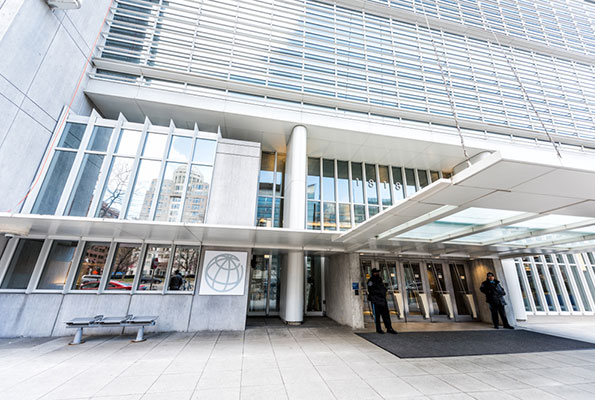While the global economic institutions have been talking about the risk of an imminent recession as 2023 arrives, we saw signs of it in the last few months of 2022 itself, with powerhouses like the United Kingdom and the United States reeling under soaring inflation.
While Africa is bound to feel the impact of global economic slowdown as well, as of now it’s difficult to predict the extent of it. However, the World Bank has predicted the growth trajectory for this region in 2023. While some nations may feel the heat, others would walk on a growth path.
The World Bank in last year projected that economic growth in Sub-Saharan Africa is set to decelerate from 4.1% in 2021 to 3.3% in 2022. However, in 2023, the region will bounce back to 3.5% growth, followed by 3.9% in 2024. However, the revised forecast misses the 2021 figure.
While the Southern African subregion will grow to 4.5% in 2023 and 5.0% in 2024, the Western and Central subregion will witness a 5.0% growth in 2023 and 5.5% in 2024, excluding Nigeria.
The bank also noted that Africa could mitigate the economic stagnation, which may happen in 2023, if it improves on implementing policies that accelerate structural transformation through productivity-enhancing growth and creating more and better jobs.
The World Bank also gave data on how the growth figures for African countries may look in 2023. For Kenya, the East African nation’s GDP will be at 5.0%, a decrease from 5.5% in 2022. In 2024, the figure will be at 5.3%.
Nigeria will slow down in 2023 to 3.2% from its 2022 figure of 3.3%. In 2024, the country’s GDP will grow, but will be below the 4% mark. Ivory Coast will bounce back from 5.7% in 2022 to 6.8% in 2023. In 2022, the country slowed down to 4.8%.
Senegal’s GDP will grow by a massive 8% in 2023, with a further increase to 10.5% in 2024. For Cameroon, investments and private consumption will help the country to stay at 4.3% in 2023, followed by 4.6% in 2024.



